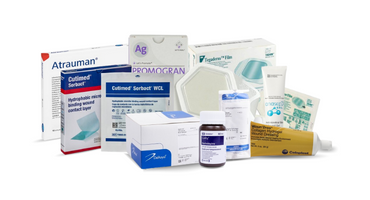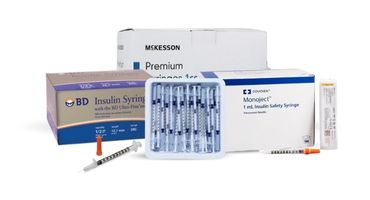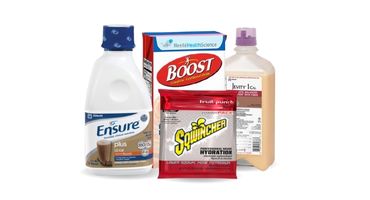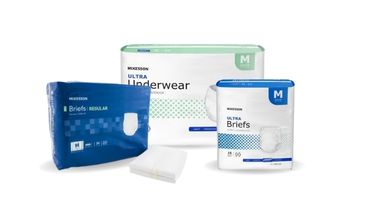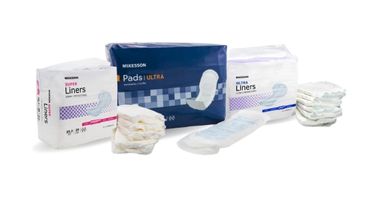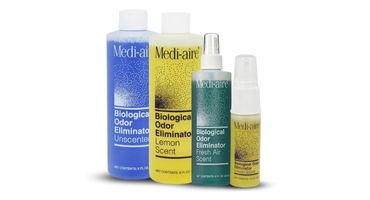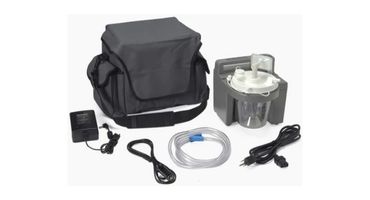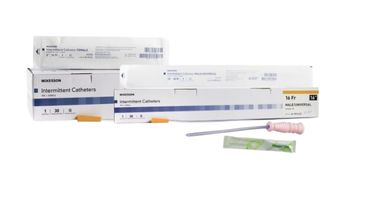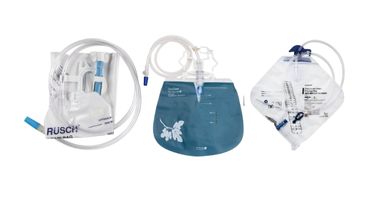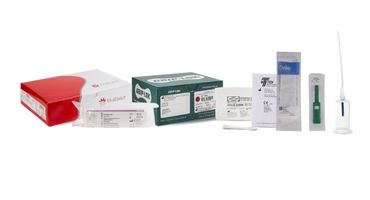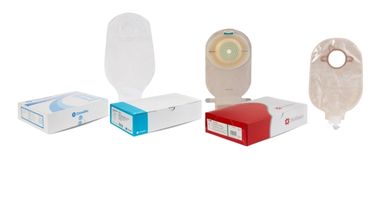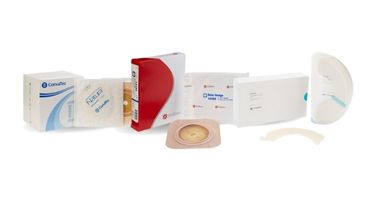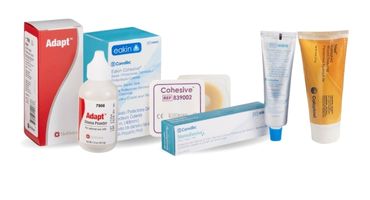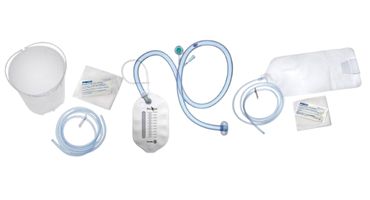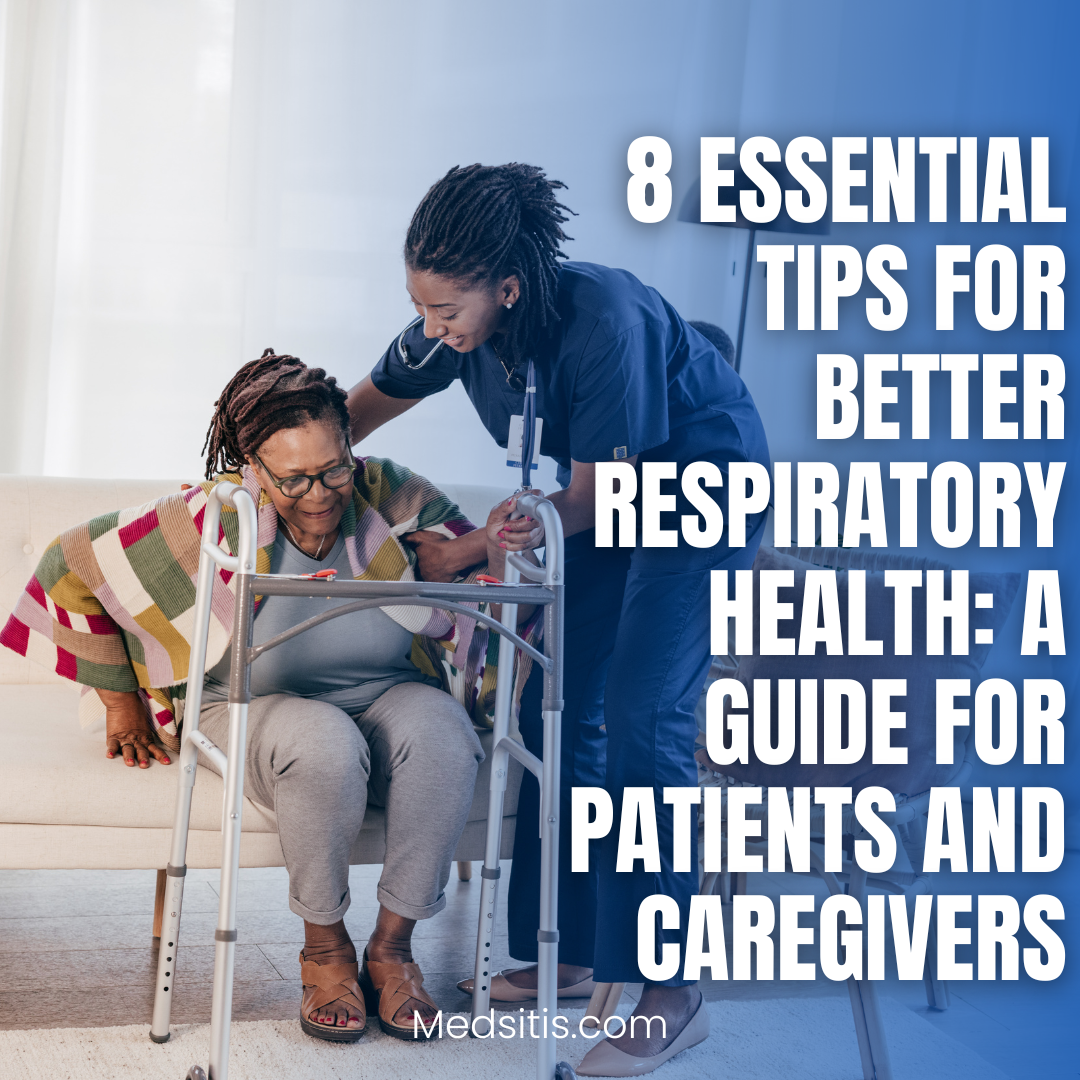Respiratory health is vital to everyday life, but for those managing asthma, COPD, or other breathing challenges, it can be an ongoing concern. Whether you're a patient or a caregiver, using the right tools and techniques can greatly improve comfort, treatment effectiveness, and overall quality of life.
Here are 8 essential tips for managing respiratory health:
1. Use Inhalers Correctly
Many patients unknowingly use their inhalers incorrectly, which reduces the amount of medication reaching the lungs. Always follow your healthcare provider's instructions carefully — and consider using a spacer or holding chamber to maximize medication delivery.
Pro Tip:
Using a holding chamber, like the AeroChamber Plus Z STAT with Mask, helps slow down and break up the spray from the inhaler, making it easier to breathe the medicine deep into the lungs — especially for children, elderly patients, and those who struggle with inhaler coordination.
2. Keep Devices Clean
Nebulizers, spacers, and inhalers can collect bacteria and mold if not cleaned regularly.
-
Rinse spacers or chambers once a week with warm water and let them air dry.
-
Follow the manufacturer's cleaning instructions for nebulizers and inhalers.
-
Replace equipment as recommended to avoid infection risks.
Clean devices = cleaner lungs.
3. Practice Good Breathing Techniques
Breathing exercises can strengthen lung capacity and improve oxygen flow. Techniques like pursed-lip breathing and diaphragmatic (belly) breathing are especially helpful for people with COPD or asthma.
Simple Daily Practice:
Spend 5–10 minutes each day doing slow, deep breathing exercises.
4. Monitor Symptoms Closely
Pay attention to changes such as increased coughing, wheezing, shortness of breath, or a drop in peak flow readings. Early detection of worsening symptoms can prevent severe complications.
Tip:
Keep a symptom diary or use a mobile app to track daily breathing patterns.
5. Maintain a Clean Living Environment
Dust, pet dander, mold, and smoke can trigger respiratory issues.
-
Use HEPA filters in your home.
-
Vacuum regularly with a machine that has a HEPA filter.
-
Avoid smoking and exposure to secondhand smoke indoors.
Your lungs will thank you for a cleaner, fresher environment.
6. Stay Hydrated
Keeping your body hydrated helps thin mucus in your lungs, making it easier to clear out irritants and allergens.
-
Aim for 6–8 glasses of water a day unless otherwise advised by your doctor.
7. Stay Up-to-Date on Vaccinations
Respiratory infections like the flu, pneumonia, and COVID-19 can be especially dangerous for those with underlying breathing issues.
-
Keep up with your vaccinations, including annual flu shots and pneumonia vaccines if recommended.
8. Use the Right Tools for Better Outcomes
If managing inhaled medications is a challenge, don’t hesitate to use aids designed for better delivery and ease of use.
Recommended Product:
The AeroChamber Plus Z STAT Holding Chamber with Mask is an excellent tool that helps medication reach the lungs more effectively and reduces medication loss in the mouth and throat. It's available in different sizes to fit infants, children, and adults.
Final Thoughts
Managing respiratory health is about being proactive, educated, and equipped with the right tools. Whether you're dealing with asthma, COPD, or other breathing challenges, these small daily habits and proper product use can make a major difference in your breathing — and your life.
Looking for trusted respiratory support products?
👉 Explore the AeroChamber Plus Z STAT and more at Medsitis!

